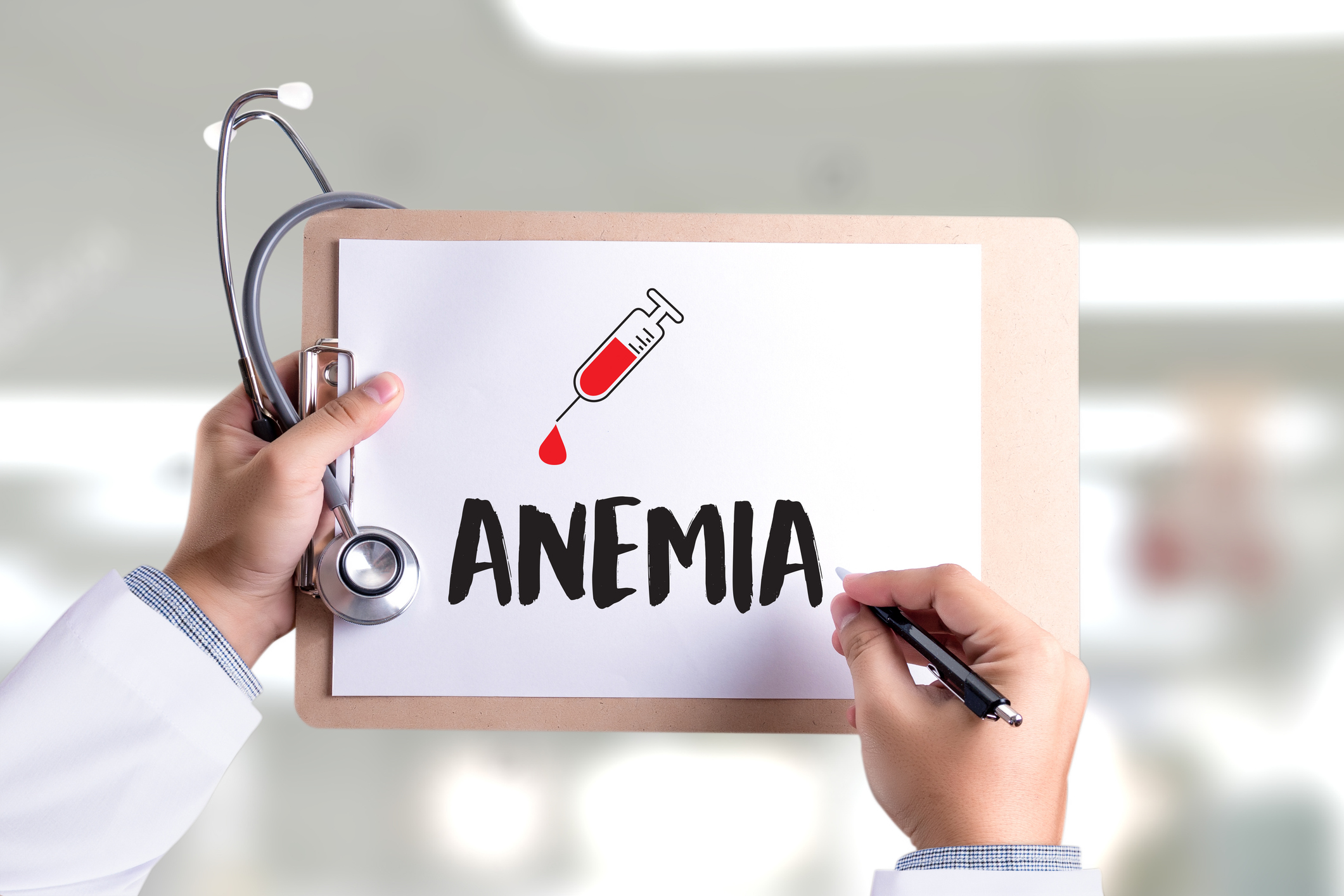High Blood Pressure and Chronic Kidney Disease
Blood pressure is the measure of how much pressure or force your heart needs to use to push your blood through your blood vessels. High blood pressure – a serious medical condition in which the force needed to move the blood is too high, making the heart work extra hard – is one of the top causes of chronic kidney disease (CKD). When blood pressure is too high, it can cause the walls of blood vessels to thicken and become stiff and can also damage other organs throughout the body. If a person’s kidneys are damaged by diabetes, this can [...]


